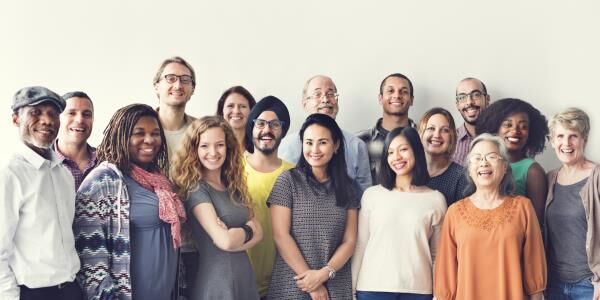New Research Sheds Light on How People Are Taking Civic Action

New Research Sheds Light on How People Are Taking Civic Action
April 20, 2022
(StatePoint) New research is offering insights into how the world can recover and rebuild from the pandemic, along with how individuals and organizations can address issues they care about in their communities.
“Civic Life Today: The State of Global Civic Engagement,” which was commissioned by Points of Light and designed and executed by INFLUENCE|SG, studied attitudes around civic engagement in the United States, the United Kingdom, India, and Brazil.
“We believe that the most powerful force is the individual who has realized their power to make change happen. However, everyone can be more impactful when working together,” says Natalye Paquin, president and CEO of Points of Light, the world’s largest nonprofit dedicated to accelerating people-powered change. “This report is intended to reveal ways to act effectively — making it easier for individuals to find these opportunities and organizations to create them.”
The report also supports Points of Light’s Civic Circle, a framework that helps people understand that there are many ways to do good. The nine activities outlined by the Civic Circle are: listening and learning, using one’s voice, social entrepreneurship, volunteering, public, national or military service, using one’s purchasing power to express values, working, voting, and donating. Whether you’re a business leader hoping to mobilize your employees, a nonprofit or NGO leader looking to connect individuals to your cause, or an individual wanting to support your community, the Civic Circle and these key report takeaways can help you get started:
• Pandemic effects are universal: The same social issues and personal costs have been shared by people everywhere. At the country level, healthcare, education, and the environment/ climate demand attention. On a personal level, the health of others in the community is where the most impact has been felt, followed by individuals’ financial and mental health.
• Issues leading civic engagement: Education, the environment, and healthcare were the top issues respondents wanted their countries to support, with healthcare ranked the leading issue in the United States.
• How people prefer to take action: The most common Civic Circle actions taken by respondents were using one’s voice (influencing one’s network through social media, advocacy, or other form of expression), listening and learning (learning about a cause or social issue), and volunteering (intentionally helping someone else). However, perceived barriers to civic engagement linger — two of the top three reasons people cited for a lack of social issue involvement were financial in nature, reflecting the perception that being civically involved means donating money.
• Virtual volunteering is here to stay: Volunteerism has not only remained important, it’s on the rise, with 54% of global respondents saying, “I plan to volunteer more than I did before the pandemic.” Of those, the vast majority intend to do so primarily via virtual opportunities.
• Calls for corporate involvement: Individuals see companies as having an obligation to get involved. Indeed, a majority of respondents said they expect companies to address social challenges. At the same time, respondents are measuring a given company’s sincerity by the way it treats its employees.
On Tuesday, May 10 at 1 pm ET, Points of Light will host a webinar with INFLUENCE|SG to discuss the research findings in more detail. To register and download the report, visit pointsoflight.org/civic-engagement-research.
“At a time when the whole world is facing a common challenge, we’re excited to see people take action. According to this report, 80% of Americans took at least one civic action in a 30-day period, up from 52% in May 2020. That statistic itself is amazing,” says Paquin. “If we hope to move forward together, it’s this positive energy that we must capture.”
*****
Photo Credit: (c) Rawpixel.com / Adobe Stock



























































































































































